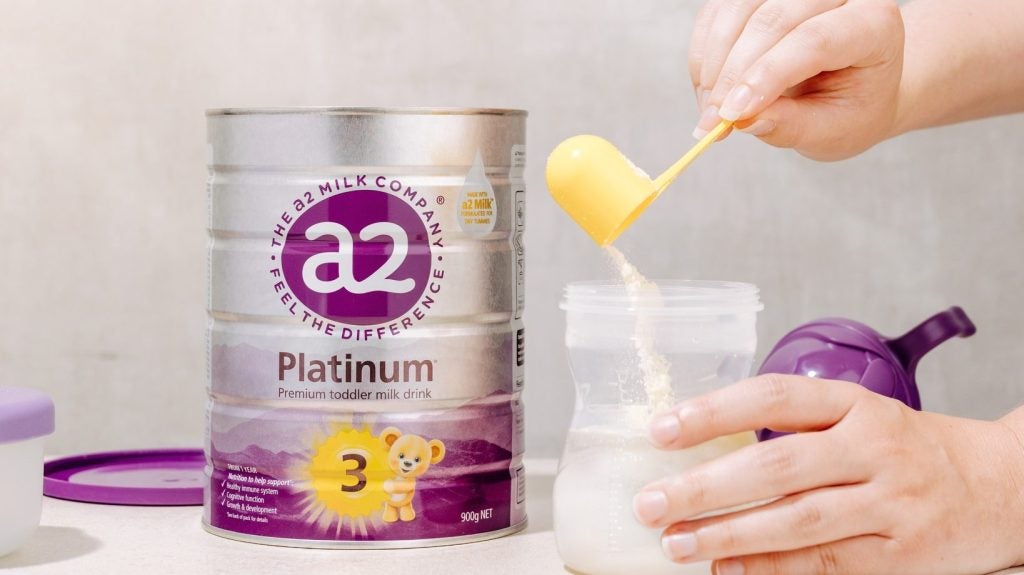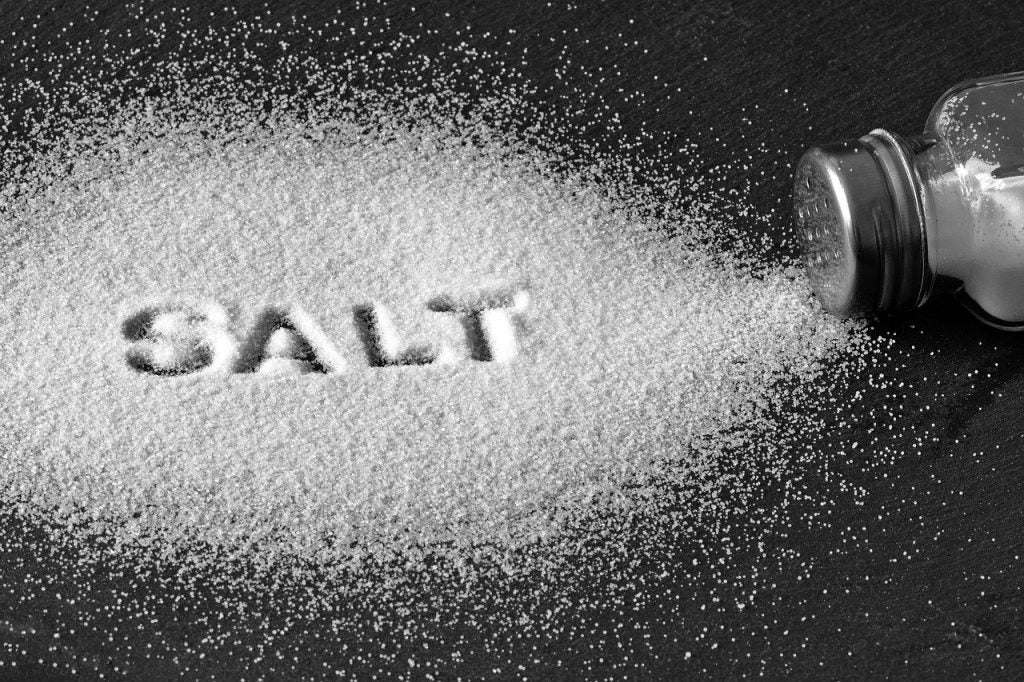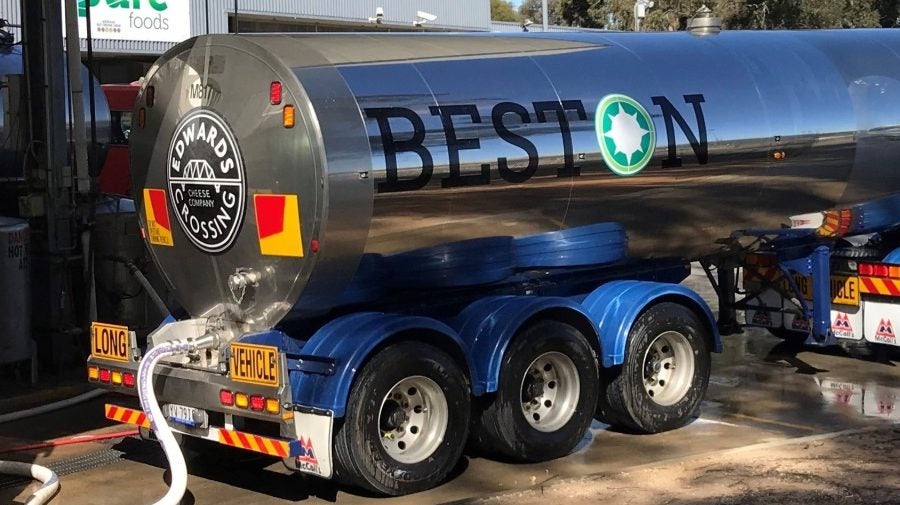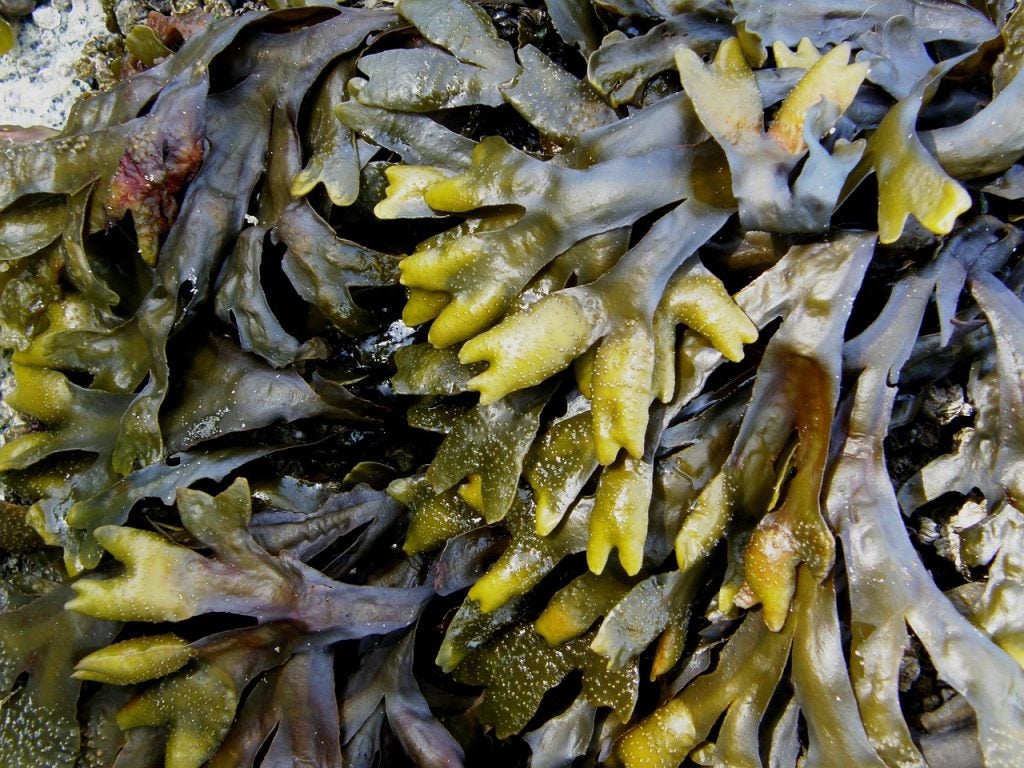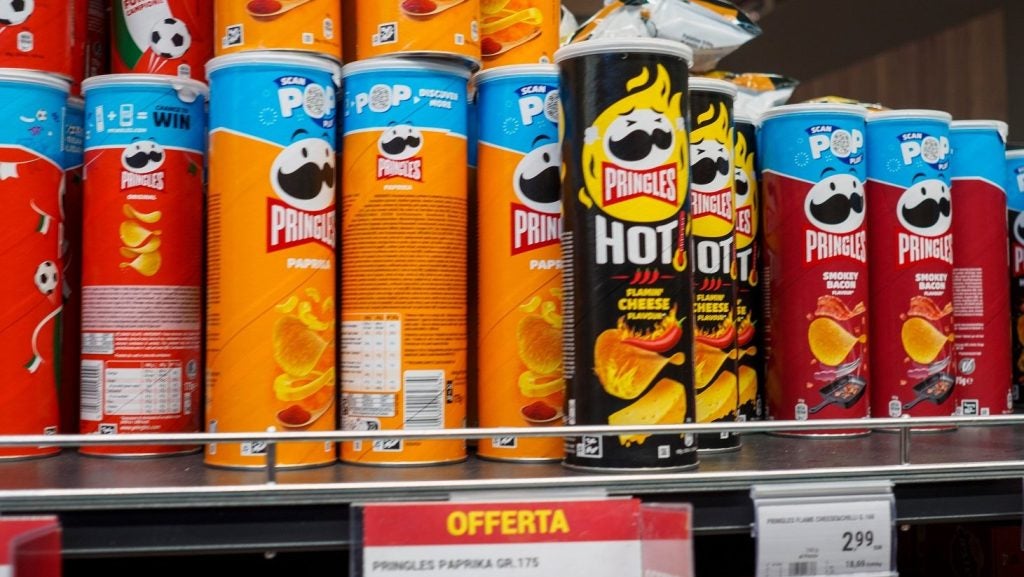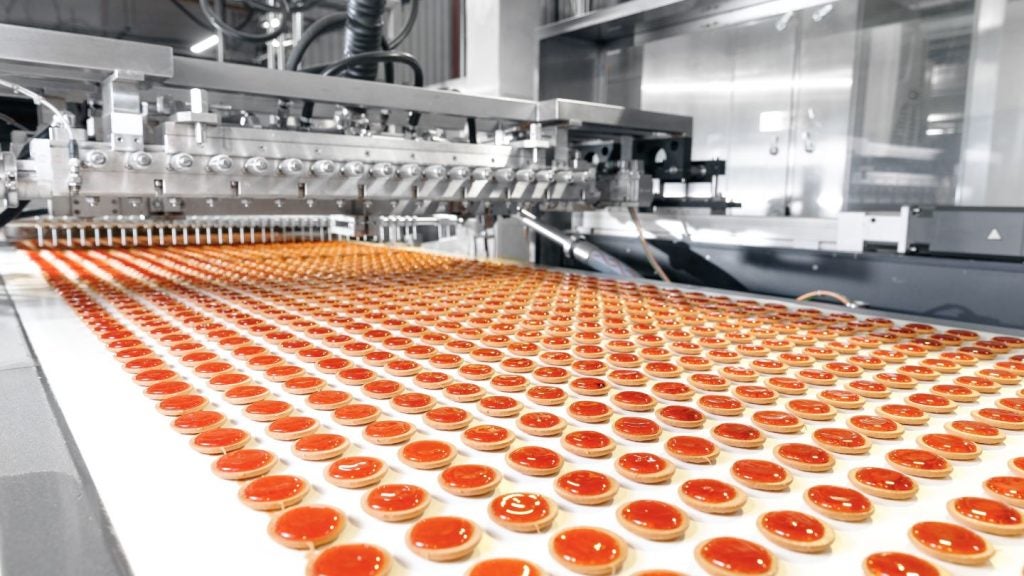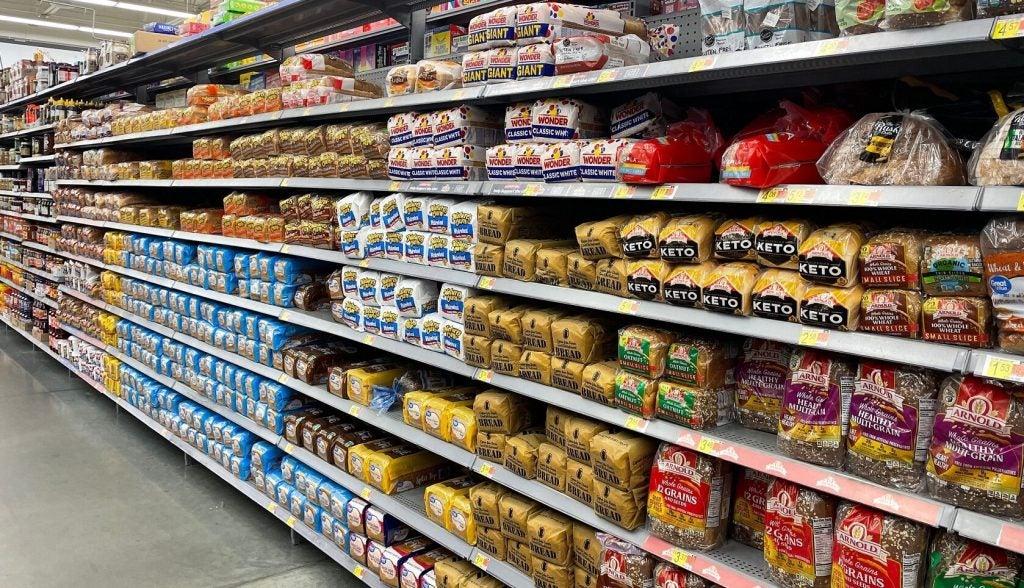Synlait Milk and The A2 Milk Co. have settled an almost year-old dispute over contracts and pricing.
A key part of the settlement announced today (16 August) between the two New Zealand dairy companies is that A2 Milk has agreed to a one-off payment to Synlait of NZ$24.8m ($14.9m) to compensate for withheld payments.
Synlait’s spat with its second-largest shareholder dates back to September. A2 Milk gave notice it would cancel an exclusivity supply arrangement as Synlait warned it would slip to a net financial loss.
Under the long-standing Nutritional Powders Manufacturing and Supply Agreement (NPMSA), Synlait supplies dairy and ingredients, along with infant formula to its partner, a contract that can only be cancelled with a three-year notice period.
As part of the contract settlement, Synlait said in a stock-exchange filing it has agreed the NPMSA “will cease to apply” from 1 January, although the company still expects to produce “all products” under the contract in the “short term”.
In a separate filing, A2 Milk said “Synlait accepts the validity” of the manufacturing and supply contract termination notice given on 15 September. The contract applies to A2 Milk’s A2 Platinum formula for stages one to three supplied into China, Australia and New Zealand.
The settlement of “all disputes subject to arbitration” is, however, conditional upon Synlait successfully completing a capital raise and refinancing of its bank debt, both parties said.
Synlait has been struggling financially, culminating in a series of profit warnings, along with negotiations with creditors to defer and extend debt payments. In July, the company’s largest shareholder – China’s Bright Dairy with 39% versus A2 Milk’s 19.8% – agreed to a NZ$130m bailout loan.
Today, Synlait said it is “working to finalise the terms of the equity raise and the bank refinancing” to be voted on by shareholders at a meeting to be held at a yet to be formalised date.
“Provided the settlement conditions are satisfied, the arbitration to resolve the disputes will end. In the meantime, the arbitration hearing for exclusivity and other matters has been adjourned,” Synlait said.
Its CEO Grant Watson added: “Settling these disputes is another positive step forward in our business recovery plan. With the disputes behind us, we are pleased to be able to confirm to our shareholders The A2 Milk Company’s support for our upcoming equity raise.
“This marks genuine progress for Synlait – we are delivering on the turnaround actions needed to reset our performance and better position the company for the future.”
A2 Milk’s filing was signed off by managing director and CEO David Bortolussi, although he did not provide an individual comment.
The company said it “has agreed to support and subscribe for shares under Synlait’s equity raise, subject to finalisation of terms”, adding the decision “reflects the strategic importance to a2MC of the continued stability of production at Synlait’s Dunsandel manufacturing site”.
That Dunsandel plant also forms another part of the agreement.
“Synlait will make available to a2MC an additional slot at Dunsandel for a potential new China label registered product – a2MC and Synlait will work together to develop the new product, prepare the SAMR registration dossier and seek registration from SAMR by December 2029,” A2 Milk said.
SAMR, or the State Administration for Market Regulation, is a licence required to sell and market infant formula in China.
Synlait added the SAMR it holds for the Dunsandel site expires in September 2027 and the company will continue to own the registration post the settlement. It applies to stages 1-3 for the A2 Platinum formula.
A2 Milk, however, can apply for its own SAMR licence.
With respect to the agreed payment to Synlait under the pricing dispute, A2 Milk said: “This payment largely comprises amounts that had been withheld in accordance with the terms of the NPMSA from payment pending resolution of matters in dispute.
“Pricing on certain existing products manufactured by Synlait will increase incrementally and Synlait will benefit from improved purchase order deposit payment terms.”


